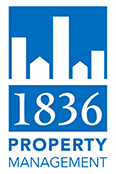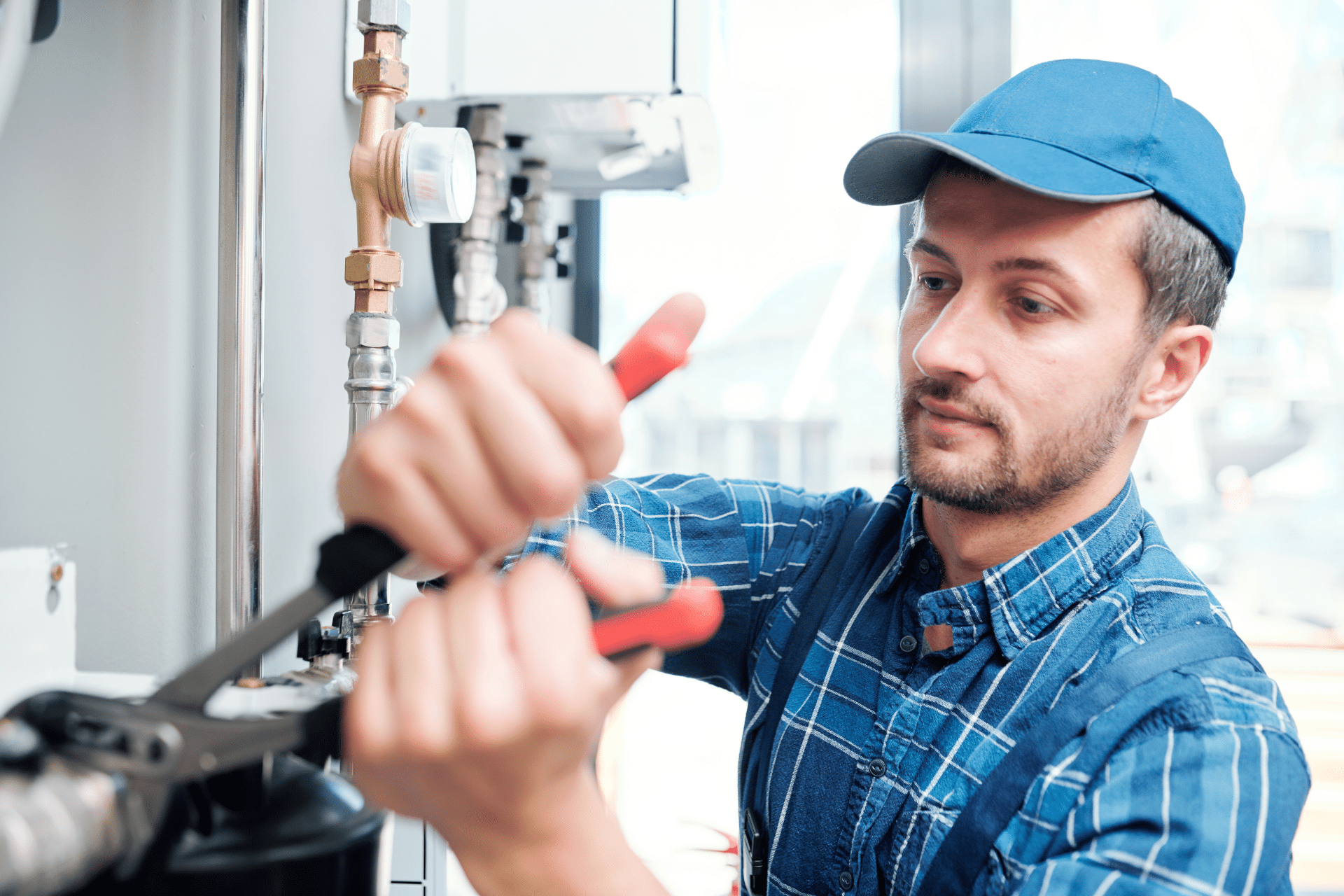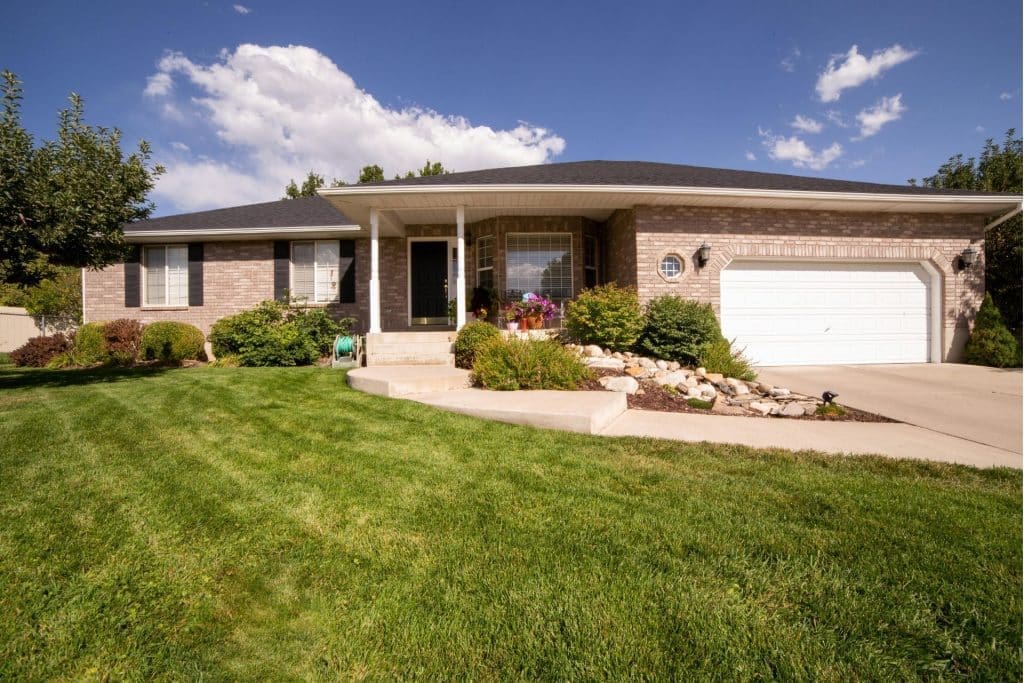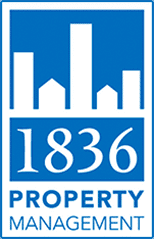Owning a rental property requires more than simply collecting rent and calculating returns on your investment. It even goes past monitoring the moving in and out of your tenants. An element that’s completely intertwined in rental property ownership is also doing the dirty and tedious work of making sure your property is kept in proper and habitable condition – whether it be by doing preventative maintenance or emergency maintenance.
Wear and tear of a property is inevitable. Over time, the influence of human behavior, alongside natural weather conditions, will mean a deterioration factor for your real estate investment. And the need for repairs at your rental property does not always happen when you plan to make them happen (aka when you’re doing your preventative maintenance due diligence). Sometimes issues pop up sporadically that either might go unnoticed or get classified as unimportant. However, the important thing to note here is that tackling maintenance promptly and efficiently matters.
PREVENTATIVE MAINTENANCE DETAILS
Preventative maintenance is the best way to ensure your property is kept in tip-top shape. This means doing those small repairs and routine appliance/property check-ups in order to help mitigate larger issues in the long-run.
Preventative maintenance might include the fixing of appliances on property, changing furnace filters, replacing damaged flooring, elimination of mold, amongst others. Additionally, to ensure that your property is not at risk, you might also:
- Test smoke detectors in your property
- Inspect heating, ventilation, and air conditioning units
- Properly weather-strip your home on a quarterly or bi-quarterly basis
- Regularly trim tree branches
- Inspect for wood rot on the exterior of your property
- Make sure the water heater is fully functional
- Ensure your pipes are well insulated
- Check for water leaks in the roof and around the general property
- Inspect roofs, floors, and walls for soft spots
- Check bathrooms and sinks for leaky pipes
- Clear debris, clean gutters, and ensure your garbage disposal services are effective
- Check for pests and insect infestations and bring an exterminator on-site if necessary
Routine preventative maintenance may be scheduled monthly, once in two months, or every six months, depending on what condition the property is in.
It’s often easy to overlook or put off certain items that may seem irrelevant, but trust us when we say, you do not want those small items to later become emergency repairs. No property owner wants to receive a call about a burst pipe in the middle of the night or a broken AC unit in the middle of summer. And for that matter, your tenant doesn’t want to make that call or be put in that situation either.
It’s also worth mentioning that by law, as a landlord, you must always provide a habitable living condition for your tenants.
FINANCIAL RESPONSIBILITIES
This brings up another great subject to touch on, and that is who the responsibility falls on to maintain the property and to pay for maintenance. Well honestly, the answer to that is all parties involved.
Making sure a steady source of essential needs like, electrical, plumbing, and proper foundational elements are provided to tenants would fall under the responsibility of the landlord. However tenants, on the other hand, bear the obligation of keeping the structure clean. This way, while emergency and routine maintenance would be the landlord’s financial obligation, faults created in the property like a broken window, clogged garbage disposal, a whole in the wall, etc., would need to be paid for by the tenant.
And if you’ve hired a professional property manager, give yourself a big pat on the back! You can rest assured that they are there to do all the middleman work of speaking with your tenants on your behalf, troubleshooting the issues, sending out their trusted vendor/handyman to handle any issues efficiently, AND keeping you updated with any associated costs.
THE BOTTOM LINE
The implementation of this periodic routine maintenance is intended to preserve your property’s structure and value and is an essential factor in preventing those unplanned costly repairs. But because it’s often difficult to plan for unforeseen maintenance, that means it can also be difficult to draw up a budget for maintenance as well.
The amount spent on routine preventative maintenance and emergency maintenance really varies. But a good rule of thumb is to have a property reserve fund of 2 months rent set aside to handle any issues that might arise.
As we mentioned before, home repairs are unavoidable. But having a consistent and driven preventative maintenance plan will help you avoid spending large amounts of money down the road. Noticing small problems in your property, like a clogged furnace filter, for instance, can go a long way in stopping a fire that will require thousands of dollars to fix. And so on and so on.
If you’ve yet to hire a professional property management team to help you handle maintenance scenarios as they arise, we ask you to consider what your time is worth to you? At 1836 Property Management, we have years of experience in this field and have seen it all when it comes to maintenance – preventative measures and emergency situations.
If you currently invest or are planning to invest in the greater Austin, TX area, reach out to us anytime! We look forward to answering any questions you might have and getting the property management partnership started to help you reach your financial goals.
Call: 512-994-4323
By: Kayla Gonzales, 1836PM Marketing Manager







